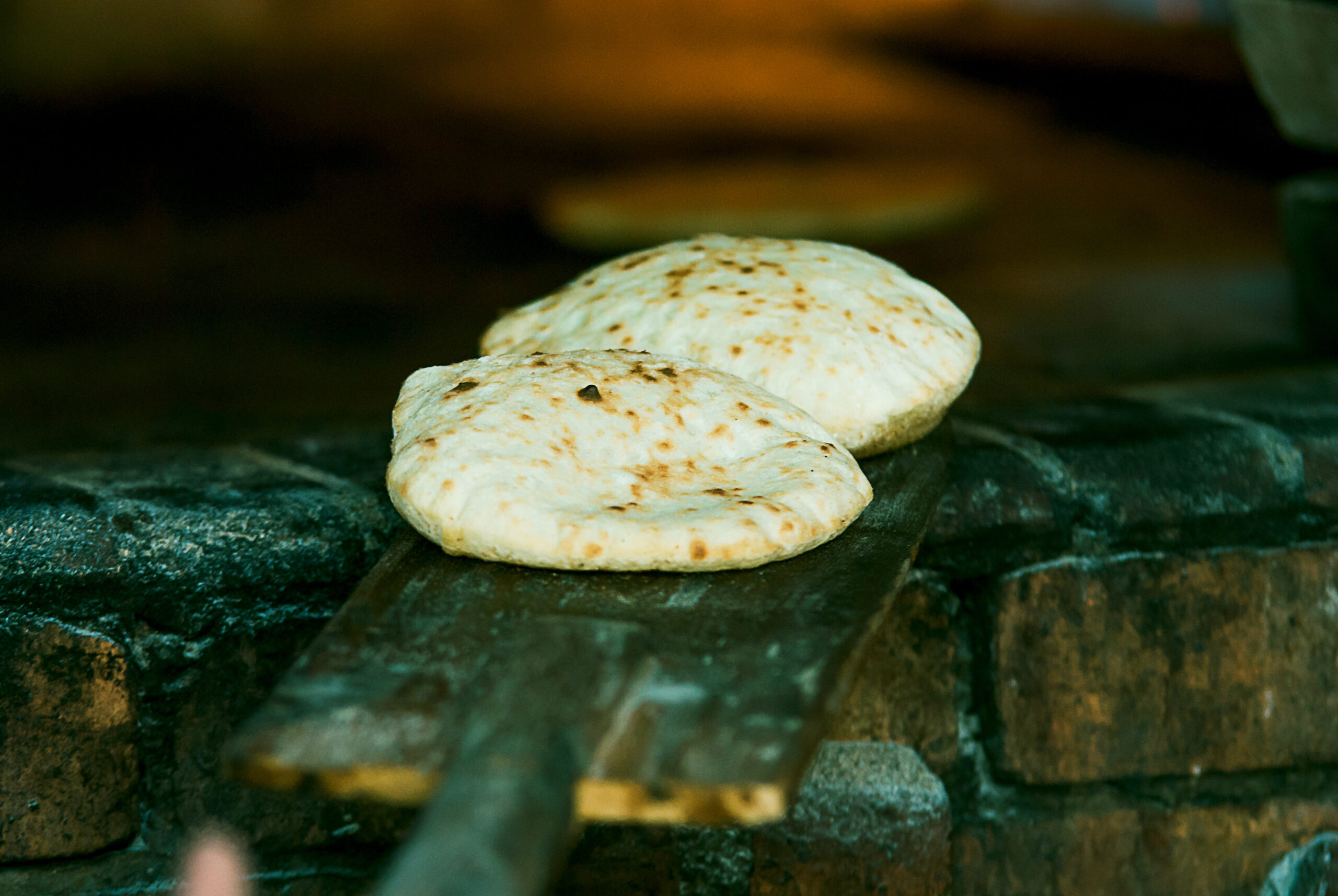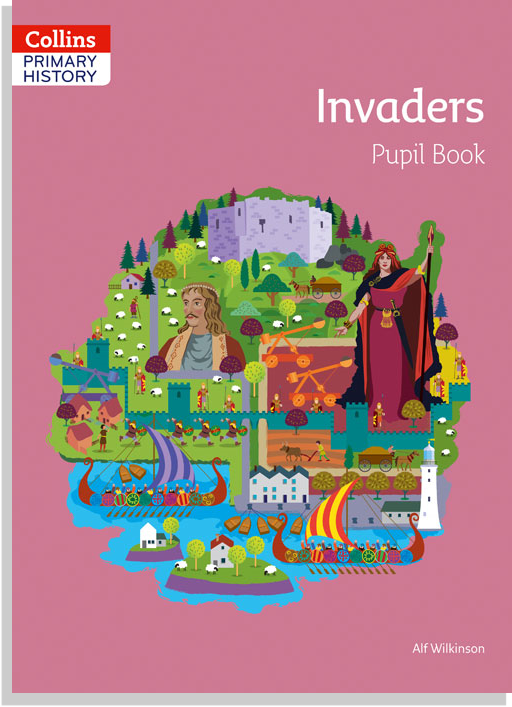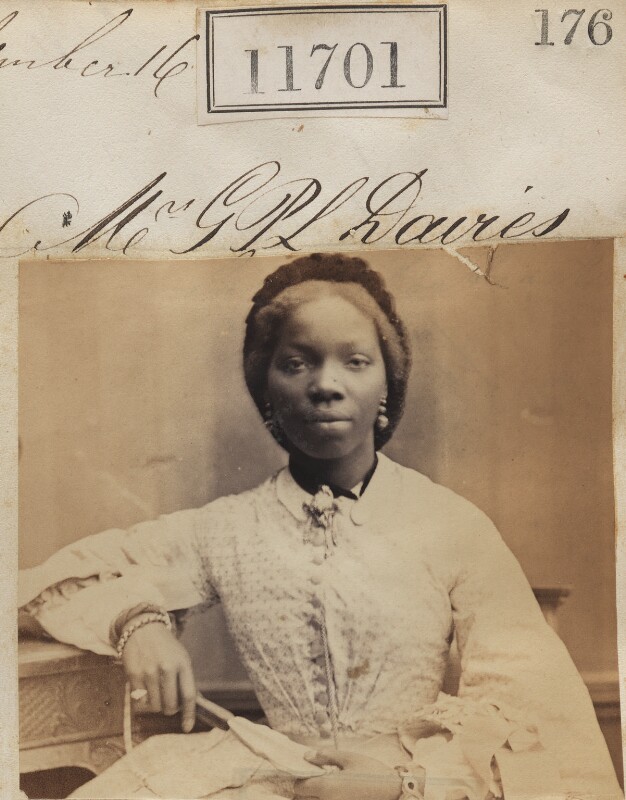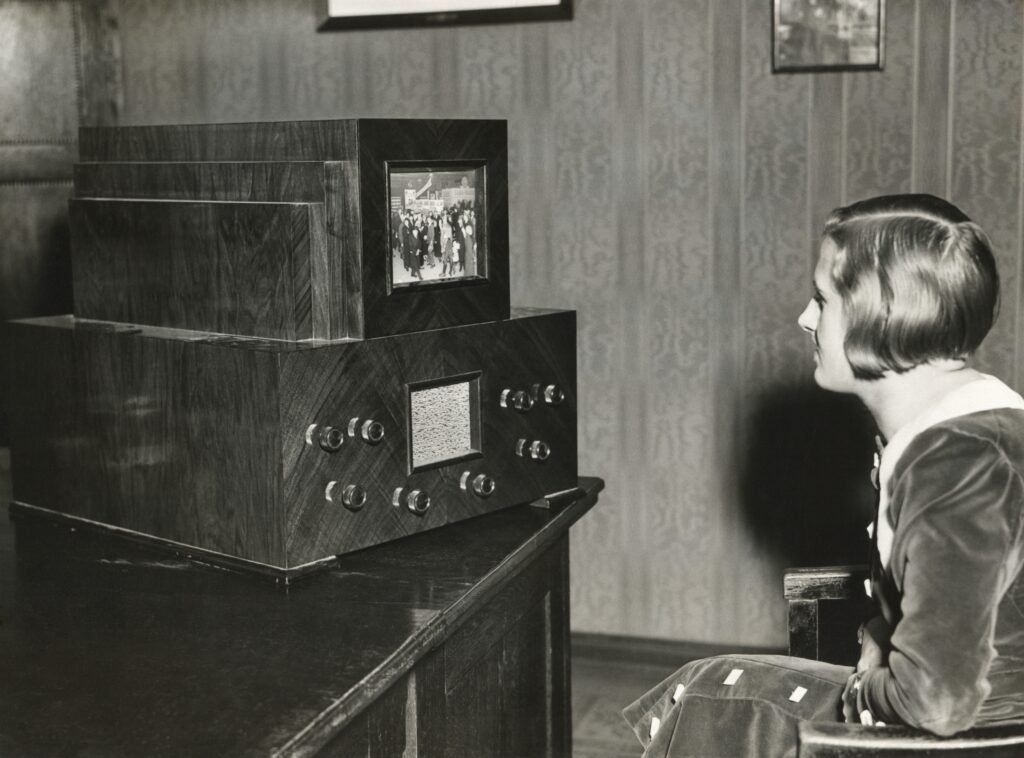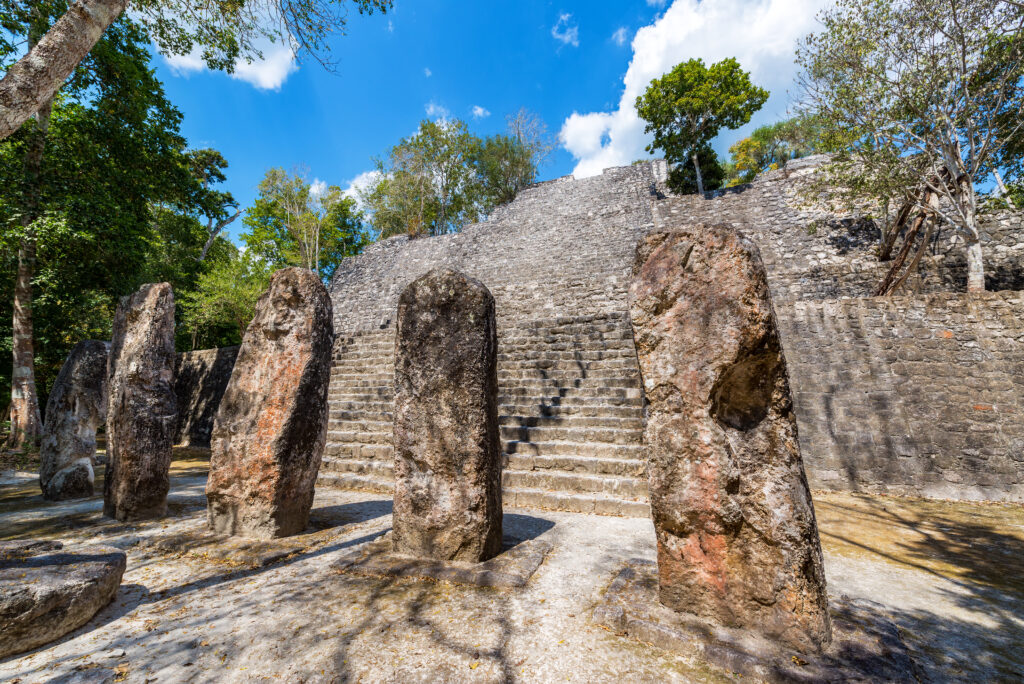Everyone knows the story of King Alfred burning the cakes. Well, perhaps not. Let me tell you….
King Alfred had been defeated in battle yet again by the Vikings and was hiding out in the wilderness of the Somerset Levels, the only part of Wessex not conquered by the Vikings. He was hiding in a shepherd’s hut. The shepherd was out, minding his flocks and his wife was baking cakes – more likely, flatbreads – and she had to pop outside for another bucket of water from the stream. She had no idea who her illustrious guest was.

She asked Alfred to watch the cakes but he was so preoccupied with planning how to win back his kingdom and defeat the Vikings that he completely forgot about the cakes, which burnt. The shepherd’s wife was not pleased to come back to the smell of burning and a spoiled supper so she set about beating King Alfred with her broomstick, calling him a lazy, good-for-nothing idiot. Rather than assert his royal status, Alfred meekly accepted the beating and apologised!

It is a lovely story, designed to show King Alfred in a good light. He accepted being in the wrong when it was his fault, and did not use his royal authority to gain privilege or avoid punishment. The story was told to make Alfred appear to have all the qualities needed to be an outstanding King of England.
King Alfred’s greatness – and this story in particular – was especially admired during Victorian times and into the 20th Century. When a statue of Alfred was unveiled at Winchester in 1901, 2000 local schoolchildren were given pieces of cake to celebrate![1] Many old history books for children even relate this story as fact – asserting that it really happened.
Unfortunately, the story is probably not true. It first appears in an Anglo-Saxon chronicle over 100 years after the event is supposed to have happened, and what is worse,it appears that the story may have been first told about a Viking called Ragnar Hairybreeks! Of course, the story might be true, no one can say for sure. I wonder how many other stories from British history, told and retold through the ages, may be true, or might be made up and used as propaganda or persuasion to make somebody appear ‘Great.’
[1] This interesting fact is from Michael Portillo’s Radio 4 programme Alfred the Great, part of the Things We Forgot To Remember series (skip to 21 minutes in to hear about the burning of the cakes story)
https://www.bbc.co.uk/programmes/b00g2zrt
